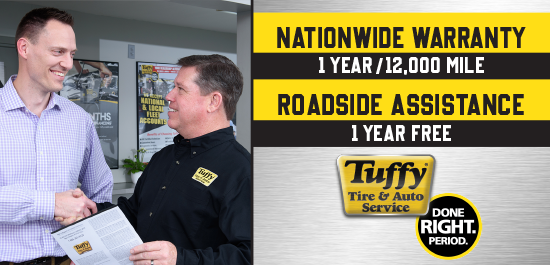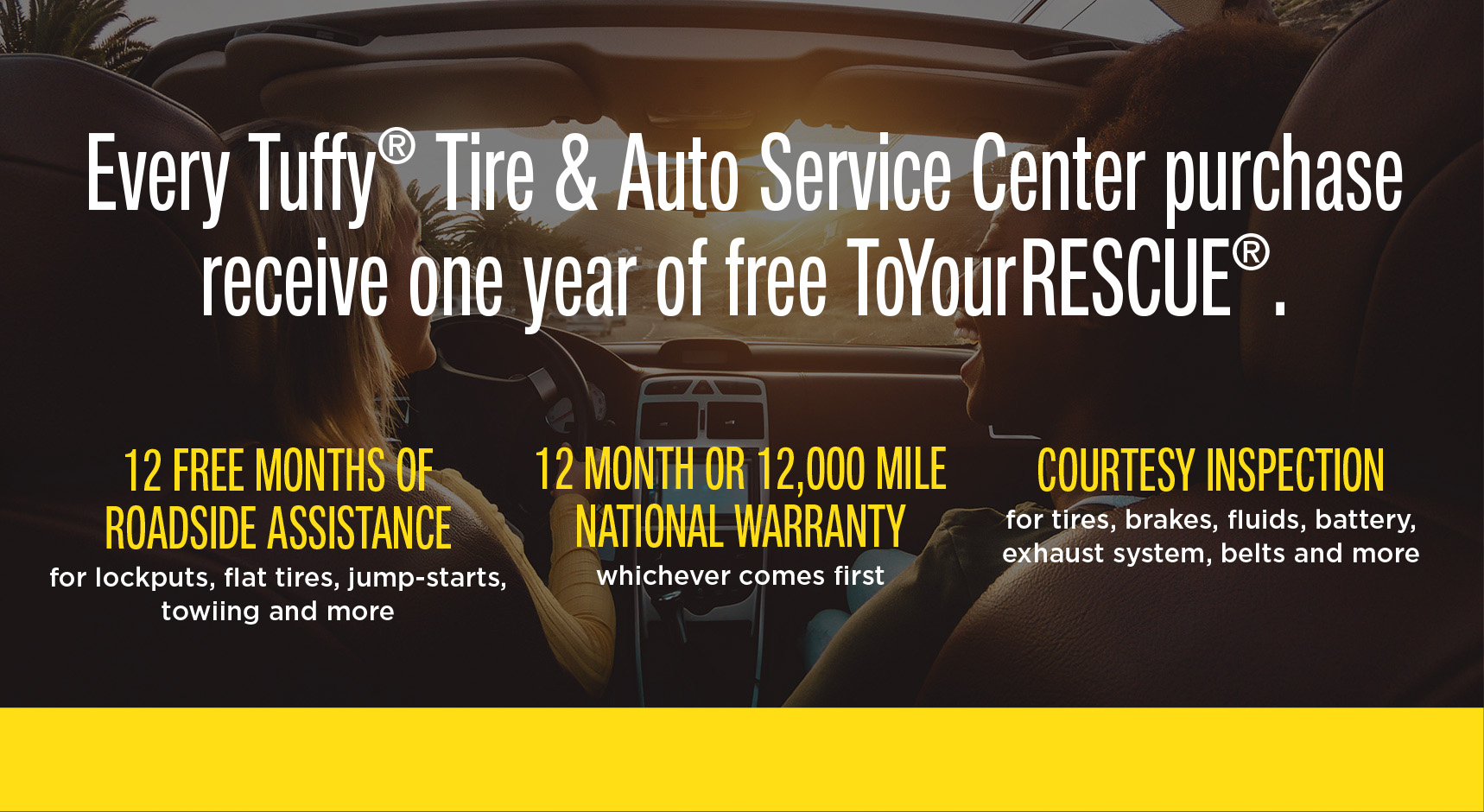| Although you may want to get rid of your present vehicle in favor of a new car, taking better care of your current set of wheels may make much more sense in the long run-helping you achieve a goal of financial freedom. "We advise our clients that if they want a 10 percent increase on their investments every year, they need to cut down on their expenses," said Terry Mulcahy, vice president of investments for R.W. Baird. "A new automobile is, for most people, their second biggest investment next to a home, so a great way to save money and increase financial assets is to hang onto their current vehicle rather than buy a new one every few years. Budgeting for and doing preventative maintenance on your car is one of the best ways to cut your costs and keep your car." The Car Care Council estimates that more than $60 billion in vehicle maintenance and repair is not performed every year, evidence that there is considerably more that consumers should be doing to protect their automotive investments. "Whether it's an oil change, replacing brakes or new belts and hoses, that periodic repair bill is a drop in the bucket compared to monthly payments on a new car," said Rich White, executive director of the Car Care Council. "The bottom line is that a properly maintained vehicle is safe, more dependable, more fuel efficient, less polluting and more valuable. The smartest way to get a solid return on investment is to keep your car through what we call the 'Cinderella Era.' It's that period of time after the payoff when your car is still in great shape and needs only modest repairs." Figures from Runzheimer International, a management consulting firm that measures travel and living costs, confirms the Council's claims. Recent figures from a Runzheimer study show that trading a vehicle every eight years instead of every four can save more than $2,481.75 a year after the payoff. That includes repairs and maintenance, license, registration, taxes and insurance. |
Tuffy
Menu




